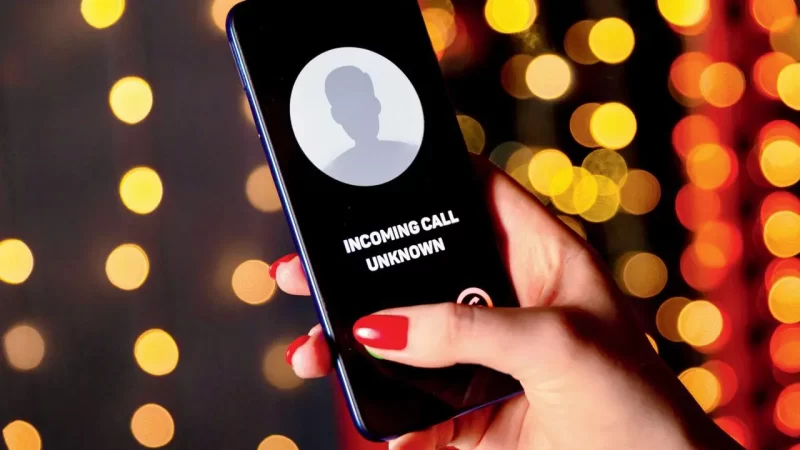02045996875 who called me in Uk? | 020 area code: In today’s digital age, receiving unknown calls can be a common occurrence. When your phone rings and displays an unfamiliar number with the UK’s 020 area code, curiosity often takes over. Who could be calling you from 02045996875 this region, and should you answer? In this article, we will delve into the mysteries of the 020 area code, providing valuable insights and answers to the questions that arise when you wonder, “Who called me02045996875 in the UK’s 020 area code?”
Introduction
The 020 area code, primarily associated with London, is one of the most recognized and widely used area codes in the United Kingdom. However, it can also be a source of confusion and concern when you receive calls from this region without knowing the caller’s identity or purpose. In this article, we will unravel the mystery behind 02045996875 the 020 area code and provide you with essential information to make informed decisions when you receive calls from this area.
Understanding Area Codes in the UK
Before we dive into the specifics of the 020 area code, it’s essential to understand how area codes function in the UK. Each area code represents a particular geographic region, helping to identify the location of the caller or the source of the call.
The Significance of the 020 Area Code
The 020 area code is synonymous with London, the capital city of the United Kingdom. It covers a vast geographical area within Greater London and is often associated with both residential and business numbers.
Identifying Callers from the 020 Area Code
When you receive a call from 02045996875 the 020 area code, it’s natural to wonder who is trying to reach you. Fortunately, several methods can help you identify callers from this region.
Common Reasons for Calls from 02045996875, 020 Area Code
Understanding the reasons behind calls from the 020 area code can provide clarity and ease any concerns you might have when your phone rings with this code displayed.
Is It Safe to Answer Calls from the 020 Area Code?
Safety is a top priority when it comes to answering calls from unknown numbers. We’ll explore whether it’s generally safe to pick up calls from the 020 area code.
How to Block Unwanted Calls from 020 Area Code
If you find yourself constantly receiving unwanted calls from the 020 area code, there are steps you can take to block such calls effectively.
Legal Implications of Unsolicited Calls
Unsolicited calls can be more than just annoying; they can also have legal implications. Learn about your rights and the consequences for those making nuisance calls.
Reporting Nuisance Calls from 020 Area Code
Taking action against nuisance calls is essential. We’ll guide you through the process of reporting unwanted calls from the 020 area code.
Staying Informed About Area Code Changes
Area codes can change over time. We’ll provide information on how to stay updated about any potential changes to the 020 area code.
Conclusion
In conclusion, the 020 area code is a significant part of the UK’s telecommunications system, and it holds no shortage of mysteries. By understanding its significance, identifying callers, and knowing your rights, you can navigate calls from this area code with confidence.
FAQs
- What is the 020 area code used for in the UK?
The 020 area code is primarily used for Greater London, encompassing both residential and business numbers.
- Are calls from the 020 area code generally safe to answer?
While many legitimate calls come from the 020 area code, it’s essential to exercise caution with unknown callers.
- How can I block unwanted calls from the 020 area code?
Most smartphones offer call-blocking features that allow you to block calls from specific numbers, including those from the 020 area code.
- What legal actions can I take against nuisance calls from the 020 area code?
You can report nuisance calls to the Information Commissioner’s Office (ICO), which oversees data protection and privacy regulations.
- Where can I stay informed about area code changes in the UK?
Stay updated on area code changes through your phone service provider or the official Ofcom website.



